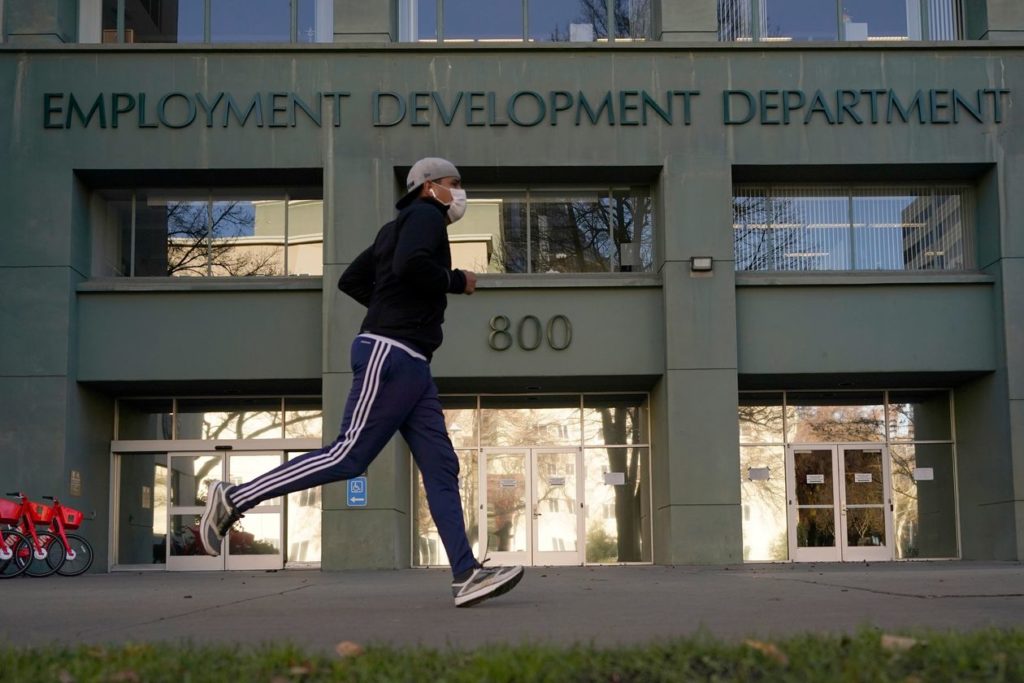
Can You Collect Unemployment While Going to School in Texas?
I remember feeling uncertain about my future when I lost my job. The bills kept piling up, and I was worried about how I would make ends meet. Thankfully, I discovered that I could collect unemployment while I went to school in Texas. This gave me the financial support I needed to pursue a new career and start a new chapter in my life.
If you’re in a similar situation, you may be wondering if you can collect unemployment while going to school in Texas. The answer is yes, but there are some eligibility requirements that you must meet.
Eligibility Requirements
To collect unemployment while going to school in Texas, you must meet the following eligibility requirements:
- You must be actively enrolled in a full-time educational program at an accredited college or university.
- Your program must be approved by the Texas Workforce Commission (TWC).
- You must be able and available to work while attending school.
- You must have earned enough wages in the past year to qualify for unemployment benefits.
Types of Courses
To qualify for unemployment benefits while attending school, your program must be full-time and approved by the TWC. The following types of courses are typically approved:
- Associate’s degree programs
- Bachelor’s degree programs
- Master’s degree programs
- Doctoral degree programs
- Vocational training programs
How to Apply
To apply for unemployment benefits while going to school, you can visit the TWC website or call the TWC at 1-800-939-6631. You will need to provide information about your education, employment history, and financial situation.
Benefits
If you are approved for unemployment benefits, you will typically receive a weekly payment of up to $535. The amount of your benefit will depend on your previous earnings and the length of time you have been unemployed.
In addition to financial assistance, collecting unemployment while going to school can also help you maintain your eligibility for health insurance and other benefits.
Tips and Expert Advice
Here are some tips and expert advice for collecting unemployment while going to school in Texas:
- Make sure that your program is approved by the TWC before you start attending school.
- Keep track of your attendance and grades to prove that you are actively enrolled in your program.
- Be available to work while you are attending school.
- Report any earnings you receive from work or other sources to the TWC.
By following these tips, you can increase your chances of successfully collecting unemployment while going to school in Texas.
FAQs
Q: Can I collect unemployment if I am a part-time student?
A: No, you must be enrolled in a full-time program to collect unemployment while going to school in Texas.
Q: What happens if I lose my job while I am in school?
A: If you lose your job while you are in school, you can file for unemployment benefits. However, you must meet the eligibility requirements, including being actively enrolled in a full-time program.
Q: How long can I collect unemployment benefits while going to school?
A: The maximum amount of time you can collect unemployment benefits is 26 weeks. However, you may be eligible for extended benefits if you have exhausted your regular unemployment benefits.
Conclusion
Collecting unemployment while going to school can be a great way to get the financial support you need to pursue a new career. However, it is important to meet the eligibility requirements and follow the rules and regulations set by the TWC.
If you have any questions about collecting unemployment while going to school in Texas, please visit the TWC website or call the TWC at 1-800-939-6631.
Is this article helpful? Let me know in the comments below.

Image: www.pinterest.com

Image: work.chron.com
Can You Day Trade and Collect Unemployment? [Possible or Not] Jan 10, 2023Apply to the Texas Workforce Commission (TWC) online at Applying for Unemployment Benefits or by calling (800) 939-6631 on weekdays from 7 a.m. to 6 p.m. You will need the following: Your last employer’s business name, address, and phone number. The first and last dates (month, day, and year) you worked for your previous employer.